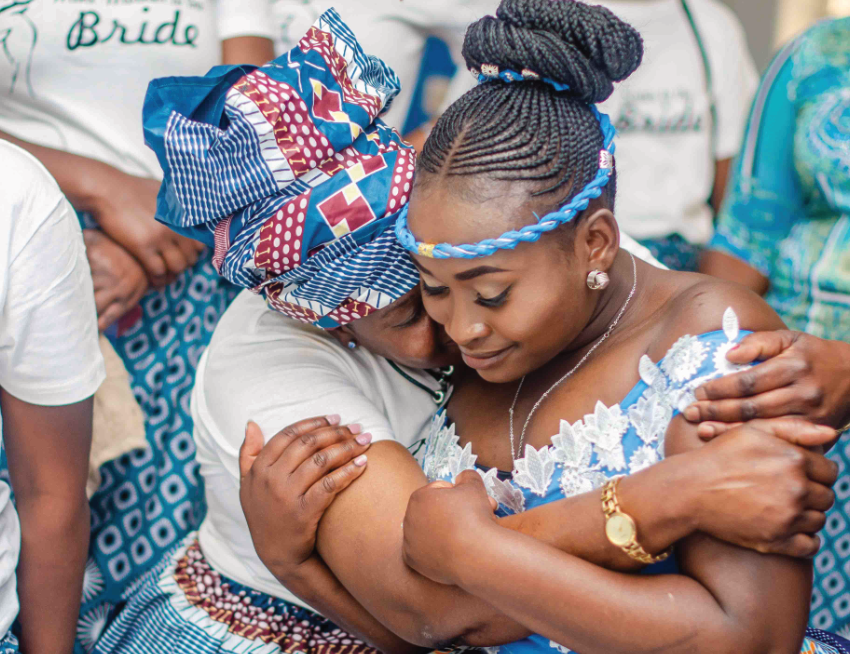Traditional clothes represent the identity of different tribes, each tribe has specific pieces for different events and stages of life as you grow up as a man or woman. Hence, you will find certain tribes protect their regalia because it resembles and means something to them to preserve and promote their customs.
It is a busy season ahead for traditional events and “what should I wear?” questions are about to be rolling in.
Many women struggle to find the right traditional attires. You will find people invited to a Xhosa event wearing Zulu attire thinking it passes off because it is still traditional attire.
This gets people wondering whether they should be limited to only wearing Xhosa attire if they are invited to a traditional Xhosa event. People often wonder whether they are able to wear any traditional attire from the African continent when they are invited to traditional events.
Many even go as far as mixing tribe attires like wearing a Zulu hat with Umbhaco (Xhosa traditional wear), and some people take offense and some do not understand the difference.
Mawethu Noholoza who is a traditional expert says, “many things have changed with time in how people dress in their traditional regalia because before it was about pride and representing your tribe but now you will even see women wearing beads that are meant to be worn by men and mixing tribe regalia, many years ago that would’ve been a problem and cause a lot of trouble but I guess now the society is accepting of how people wear their traditional attires.”

There has been a difference of opinion on the matter, but what stood out is how there needs to be more awareness on the matter just like the MEC of KwaZulu Natal, Mbali Frazer has said “Our culture doesn’t divide us but unites us.”
People go as far as looking down upon women wearing traditional regalia with weaves and makeup but the argument is “why should we stop there and not take it further by talking about the ethics behind traditional wear.”